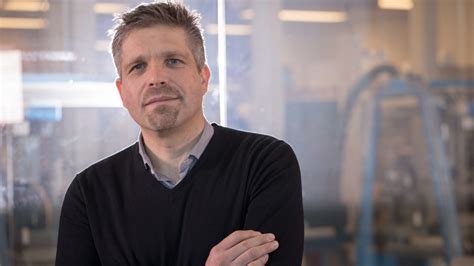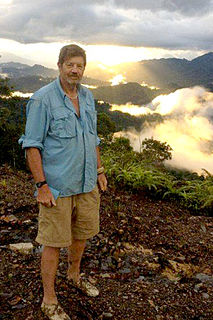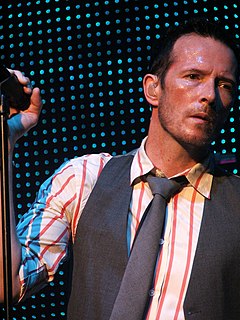A Quote by Lydia Millet
More than two million years ago, mammoths and Asian elephants took different evolutionary paths - and around the same time, according to DNA research, so did their lumbering relatives in Africa.
Related Quotes
Think of our DNA. In the last million years, our DNA hasn't changed at all. It's really much the same as it was in the jungle, a million, two millions years ago. But in the last 200 years, our destructive capacities have increased many, many millions of times over. Why don't we see intelligent signals from outer space? Because in all likelihood, once the civilization reaches the point our civilization has reached, it destroys itself.
I've been to Washington many times over the years for stories, and it always seems remarkably the same. More the same than the rest of the country. It's almost like they dress the same as they did 20 years ago. The same old guys are sitting outside the same dirty, dingy secret offices in the Capitol that you're not allowed to go in.
According to, for example, one academic by the name of Philip Harvey, whose expertise is basically how do we create a New Deal, today. According to his estimate, these jobs could be created for far less than the [Barack] Obama stimulus package, which cost, you know, $700 or $800 billion, something like that, and produced around 3 million jobs - not a lot. According to his estimates, it would cost less to produce two-thirds of 20 million.
Considering that we live in an era of evolutionary everything---evolutionary biology, evolutionary medicine, evolutionary ecology, evolutionary psychology, evolutionary economics, evolutionary computing---it was surprising how rarely people thought in evolutionary terms. It was a human blind spot. We look at the world around us as a snapshot when it was really a movie, constantly changing.
At the end of the day, it's all one version of telling a story. I treated this as if it was a two million dollar independent film. I did a lot more physical work than I'd probably have to do for a two million dollar independent film with four months of training and stuff. But as far as the character's psychology or emotional life goes, I treat it just the same.
There are innumerable writing problems in an extended work. One book took a little more than six years. You, the writer, change in six years. The life around you changes. Your family changes. They grow up. They move away. The world is changing. You're also learning more about the subject. By the time you're writing the last chapters of the book, you know much more than you did when you started at the beginning.







































